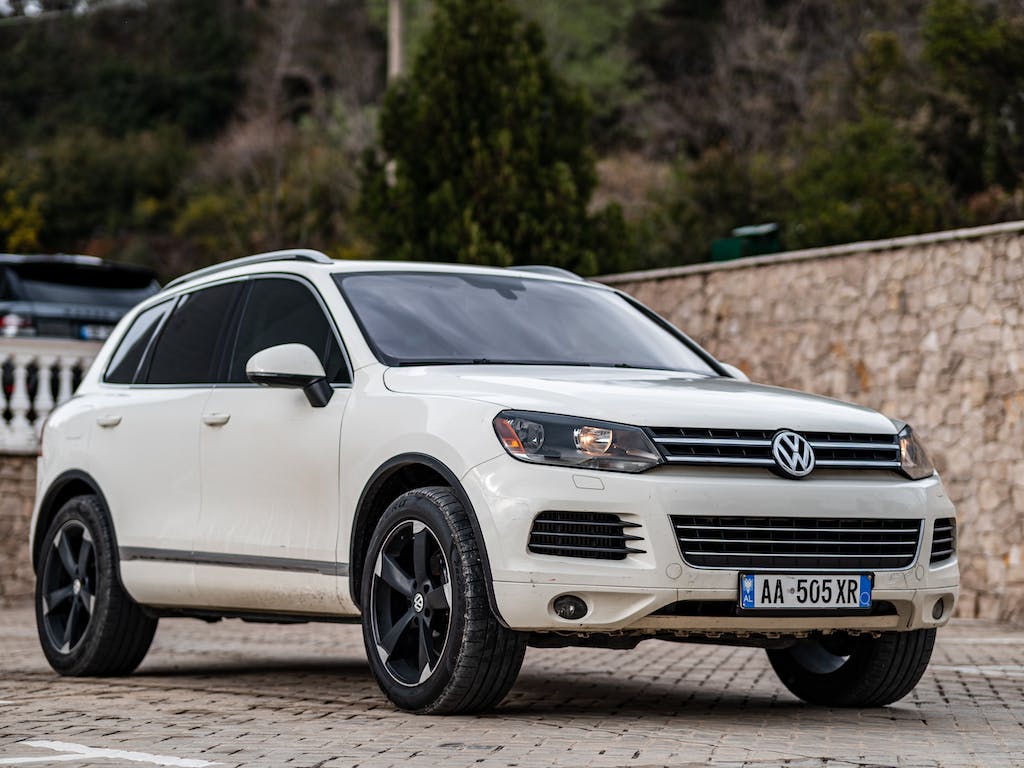Buying a used car can be a smart choice for many people. It’s often more affordable upfront compared to a new car, and it can save you from the sharp depreciation of a new cars experience. However, owning a used car comes with hidden costs that many buyers don’t consider. Understanding these expenses can help you make a better decision.
Higher Maintenance and Repairs
One of the biggest hidden costs of owning a used car is the potential for higher maintenance and repair bills. Older cars often require more frequent servicing, and parts may need replacing. While routine maintenance like oil changes isn’t too expensive, major repairs, such as fixing the engine or transmission, can quickly add up.
Limited Warranty Coverage
Most used cars don’t come with the comprehensive warranties you get when buying new. If the car is no longer under warranty, you’ll have to pay out of pocket for any repairs. Even extended warranties purchased for used cars often come with restrictions or don’t cover every issue.
Lower Fuel Efficiency
Many older cars are less fuel-efficient than newer models. Advances in technology mean that newer cars tend to have better gas mileage and are more eco-friendly. With a used car, you might end up spending more on fuel, especially if you drive long distances regularly.
Insurance Costs
While used cars usually have lower insurance premiums than new ones, the cost of insuring a used car can still be significant. Older cars might lack modern safety features, which can increase the risk of accidents and lead to higher insurance rates. It’s important to shop around for insurance quotes before making a purchase.
Unexpected Breakdowns
Used cars often have higher mileage and more wear and tear, making them more likely to break down unexpectedly. These breakdowns can not only be inconvenient but also expensive if you need roadside assistance or immediate repairs.
Outdated Technology
Another hidden cost is the lack of modern features in many older cars. Things like advanced safety systems, infotainment options, and smartphone integration are now standard in newer vehicles. Upgrading an older car to include some of these features can be costly.
Depreciation
While used cars depreciate slower than new ones, they still lose value over time. If you plan to sell the car in the future, you might not get as much money as you expect, especially if you’ve had to invest in significant repairs.
Emissions and Environmental Impact
Older cars often produce more emissions, which can lead to higher costs in areas with strict environmental regulations. You may also face additional fees or taxes in some regions for driving a less eco-friendly vehicle.
Owning a used car can still be a great choice, but being aware of these hidden costs can help you prepare financially. Research thoroughly, get a professional inspection before buying, and budget for potential expenses to avoid surprises.


